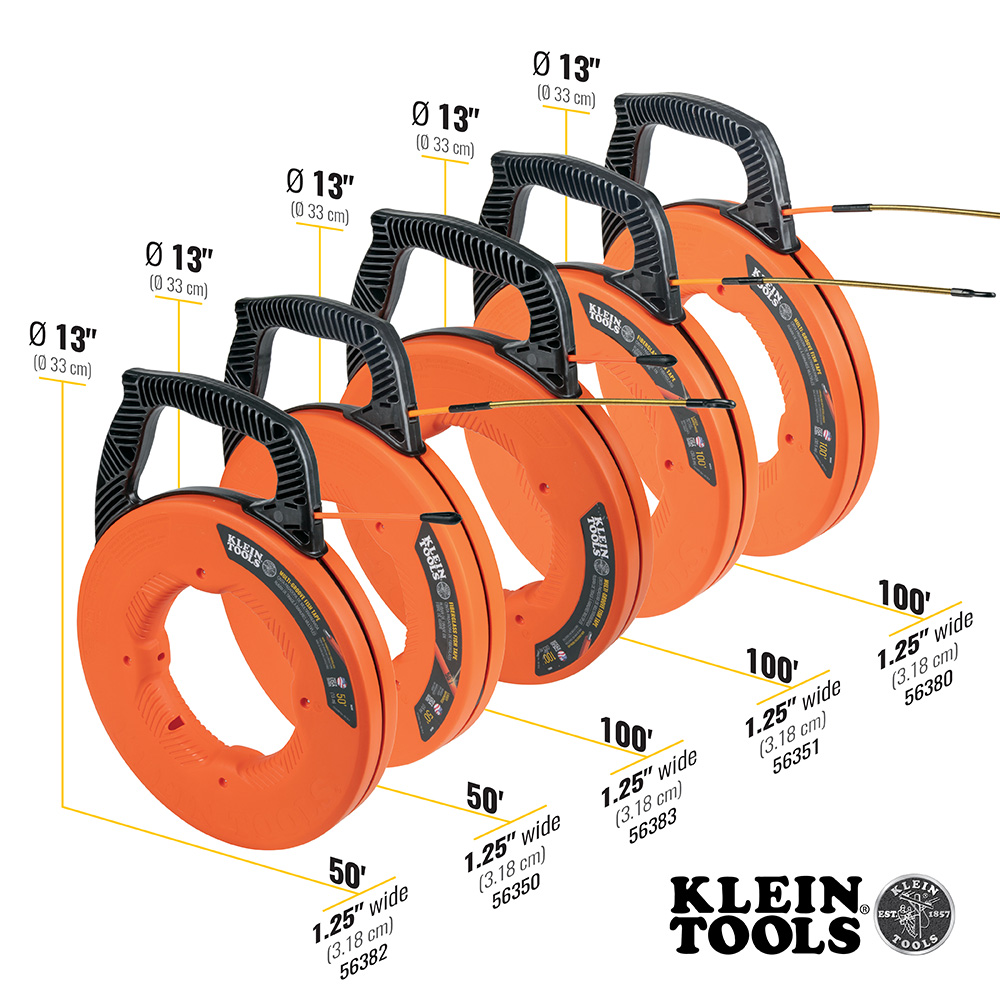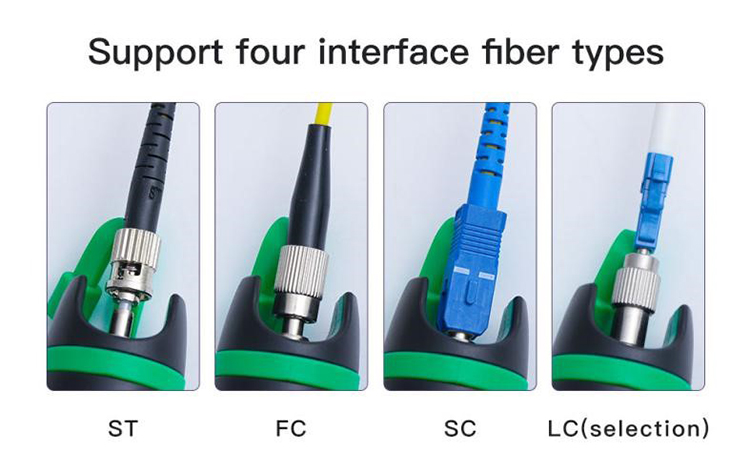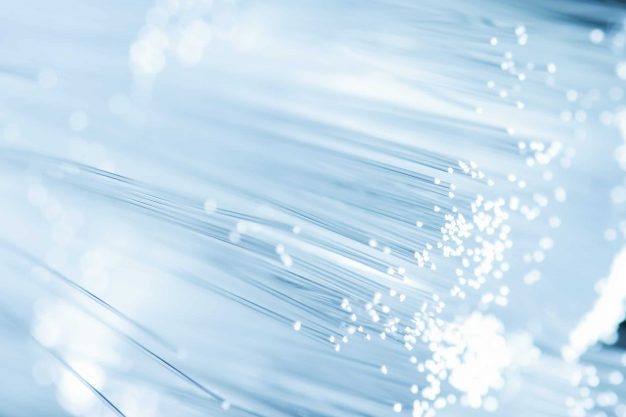Klein Tools - 5 Must-Have Fish Tape Accessories -Tuesday, April 2, 2024

Fish tapes are some of the most common tools in the electrical trade, being used to run wire and cable through out-of-reach areas on work sites. Klein Tools has always had a wide range of fish tape options, and continues to expand its variety, including the most recent addition, the glow fish tape. While the fish tapes do the bulk of the work in running the wire and cable, having the right accessories for the job can make a big difference. These products can help make fishing wire more efficient and ultimately make the job you’re doing even easier. Today we’re looking at some of the top fish tape accessories offered by Klein Tools, and how they can help you out with your wire and cable pulling jobs.



_1000.jpeg)

